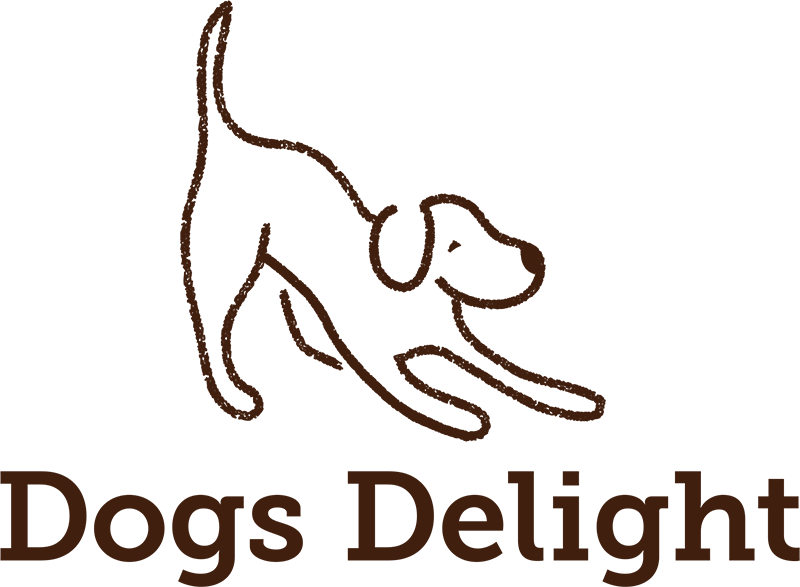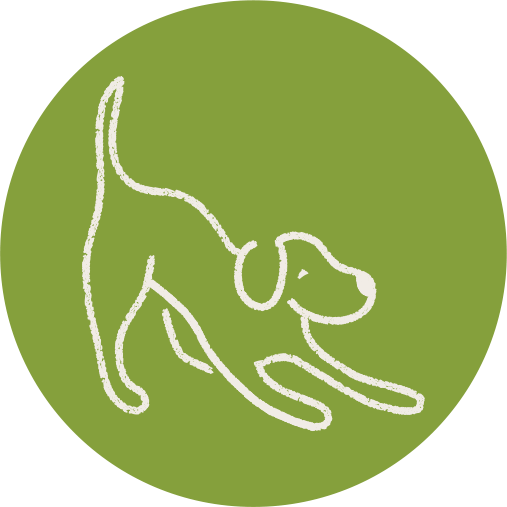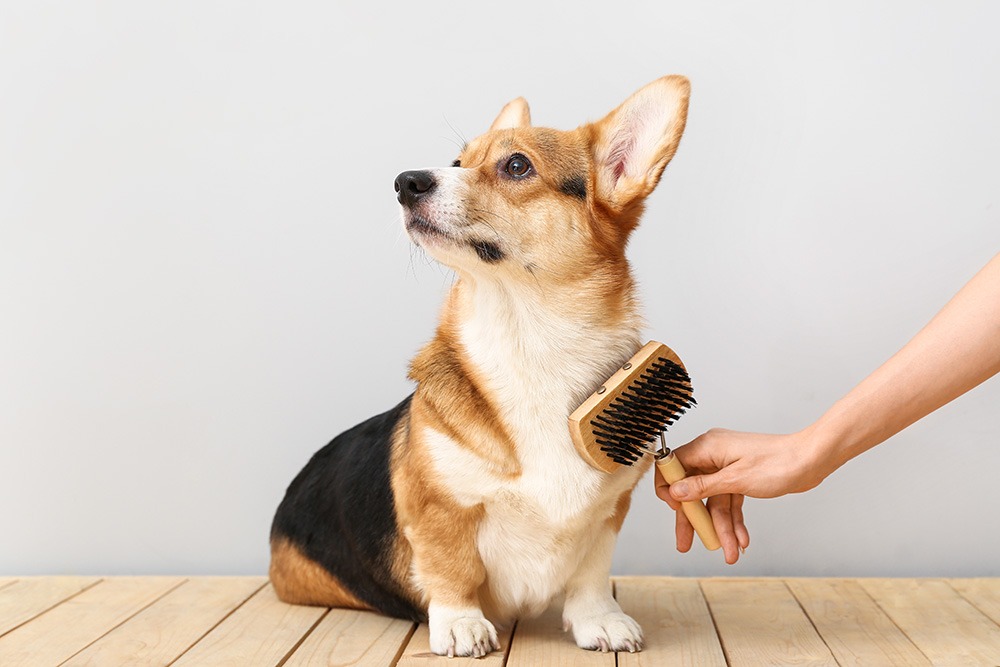Healthy
Coat colour changes, could it be down to diet?
Just like us, dogs produce a pigment called melanin which helps to determine the colour of their fur.
The Science Bit…
There are two types of melanin, one is called eumelanin which gives a black colour and the other is called pheomelanin which gives a more reddish brown colour.
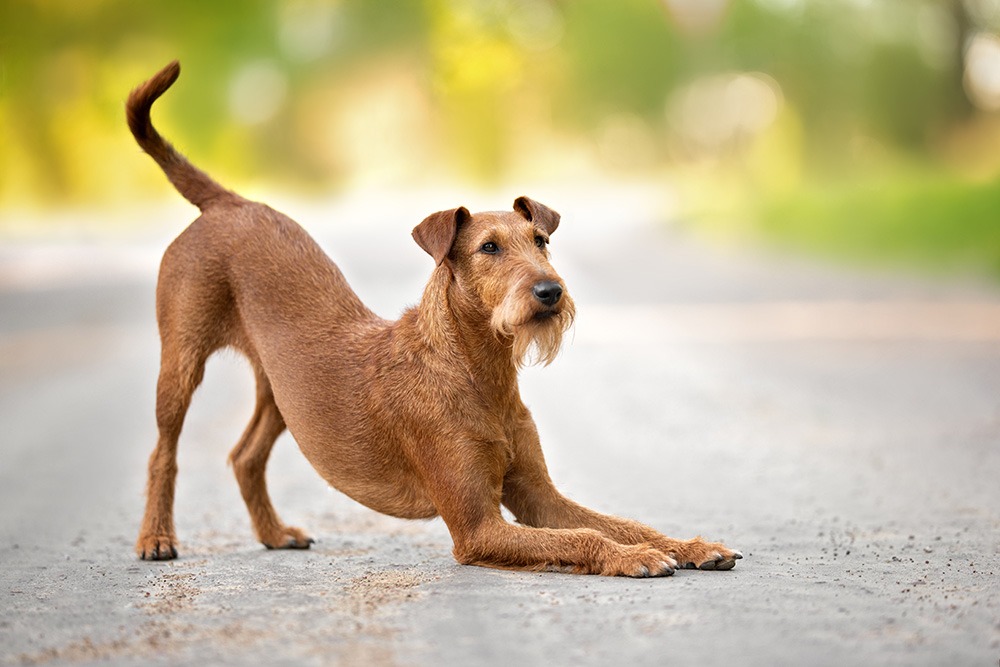
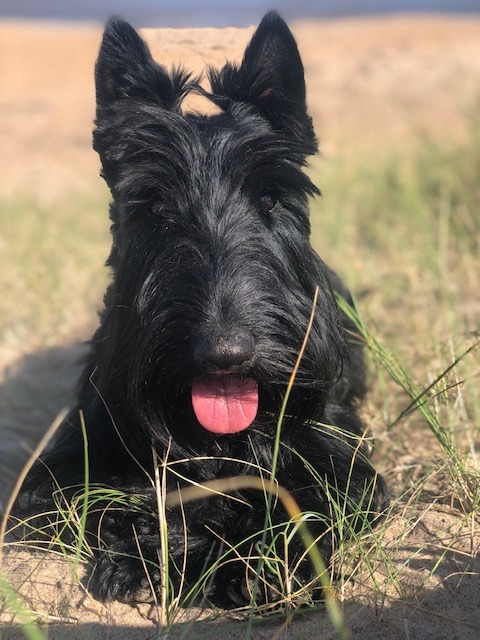
The colour of the dogs coat is mostly down to genetics, which gives variations in eumelanin and pheomelanin but in some cases the diet can play a role in the colour of the coat.
Protein in the diet is made up of long chains of amino acids. There are two kinds of amino acids involved in the production of melanin, tyrosine and phenylalanine. Phenylalanine is one of the essential amino acids in the dogs diet, essential because the body cannot make them and so they have to come from the diet.
Phenylalanine is then used to make tyrosine. So in other words, the diet needs to contain enough phenylalanine and tyrosine or at least enough phenylalanine so that tyrosine can be made.
If there is not enough of either of these amino acids in the diet to make the darker black pigment, then the dog will make the reddish-brown pigment instead because less of these amino acids is needed to make it.
Studies have looked at how much phenylalanine and tyrosine are needed for optimal growth and good health in dogs. But pets with mostly black coats may have even higher requirements in their diet to ensure they can produce enough eumelanin to make a black coat. That said, most dog foods have high enough levels of phenylalanine to meet these needs.
So what happens if my pets coat is turning red/brown, is there anything I should do?
If your dog has black hair and you’ve noticed it has started to appear more red, particularly if you have changed their food, then it would be worth speaking to your Vet to discuss whether they feel it is down to their diet.
It is important to let your Vet know everything you are feeding your pet, from treats to table food in addition to their usual dog food. Sometimes, home-made diets can be unbalanced and low in essential amino acids as well as other important nutrients.
In addition, if you have concerns, a comprehensive review with Carole, our canine nutritionist could help to check the nutritional composition of the diet to make sure it is meeting your dogs requirements.
For example, if your dog needs to lose weight, they will need a specially formulated food, not just less of a standard adult dog food which may leave them short of essential nutrients.
Dog foods are formulated to provide enough nutrients when the dog eats enough to meet their energy needs.
But these are all things we can help and advise on to ensure that your dog’s diet is optimal for their lifestage, health and individual needs, especially if your dog has medical conditions which require a special diet.
